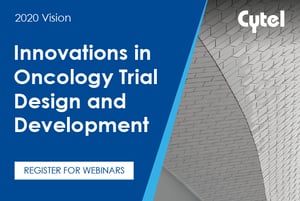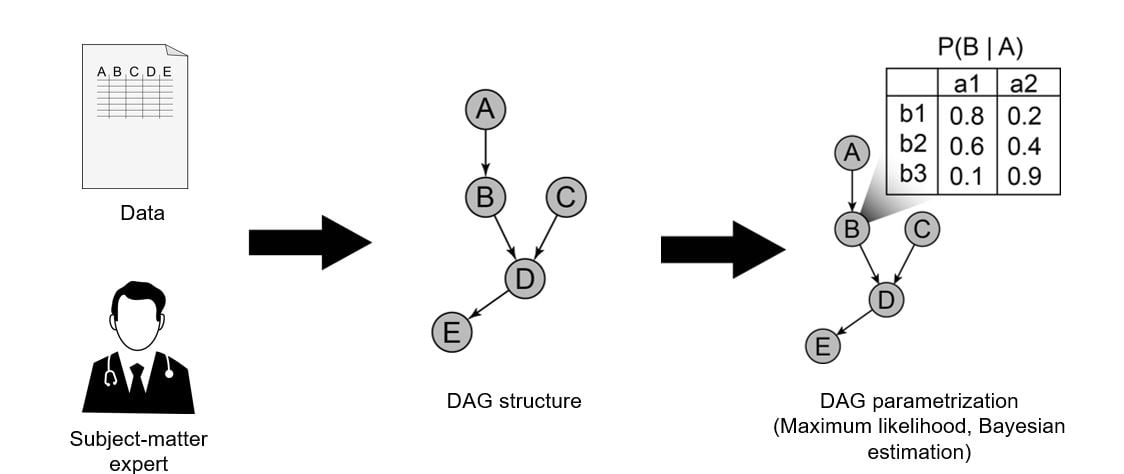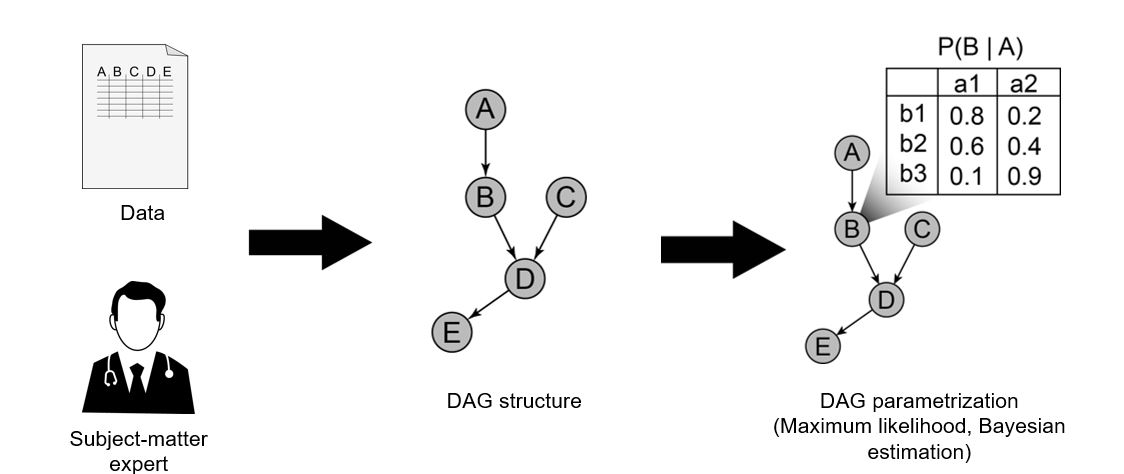
In our previous blog, we spoke with Alind Gupta, who works as a Machine Learning Researcher at Cytel in Canada. The interview gives you a deep dive into black-box models and transparent machine learning, and how the latter is becoming more important in clinical research today.
On March 21, Cytel conducted a webinar with Alind on, “Transparent Machine Learning in Oncology”. Alind presented our continuing work in immuno-oncology using Bayesian network models for predicting safety and survival outcomes, extrapolating from limited follow-up data and validating with external real-world data for key subgroups. Continue reading for key highlights from the webinar.
Register now to get free access to webinar slides and recording.

Machine learning (ML) aims to discover patterns from data that can be used for prediction. There is a growing interest in ML as it is being widely used for various purposes by many pharmaceuticals, biotech companies and healthcare providers. It is also being used as a part of analyzing real-world data to inform clinical trial design and adaptive trials, for looking at things like eligibility criteria, endpoints and surrogates for planning a trial. However, the use of “black-box” ML models in healthcare research and decision-making has been limited due to clinical liability and lack of trust from stakeholders. FDA guidelines for ML-based devices mandate transparency to assure continual safety and efficiency as notable recent failures have prompted increasing ML research into bias, fairness and causality.
In this webinar, Alind gives us a deep dive into Bayesian networks - a transparent and flexible machine learning method. Transparent machine learning is simply about building interpretable models from the ground up so that there is transparency about how they work. These are models that are not black boxes; more specifically they are models where a clinician can investigate and reason about what the model is doing, when it might fail, and why it made a specific decision. Significant literature shows that black box models do not necessarily perform as well as people are inclined to believe, and worse could have bias built into them.
The key idea of Bayesian networks models is to perform computations on a Directed Acyclic Graph (DAG). They have the advantage of being able to work with real-world data without the need to impute missing values. Additionally, they can also be used to model multiple correlated outcomes together in a single model.

With help of use cases involving immunotherapy for advanced cancer, Alind presents ways to incorporate subject-matter expertise and causality, and address ways to enhance transparency and communication for stakeholders.
For a better understanding of Transparent Machine Learning, its application and benefits, watch a recording of Alind’s webinar and download the presentation slides.

Learn more about Cytel’s upcoming Oncology webinars and register today!

About Alind Gupta

Alind Gupta is a Machine learning specialist at Cytel in Toronto, Canada focusing on probabilistic graphical models and Bayesian inference. His current work focuses on the use of Bayesian networks and Markov models for modelling heterogeneity in response to cancer immunotherapy and for long-term survival prediction using clinical trial and real-world data. Alind has a PhD from the University of Toronto studying genetics of rare diseases.







